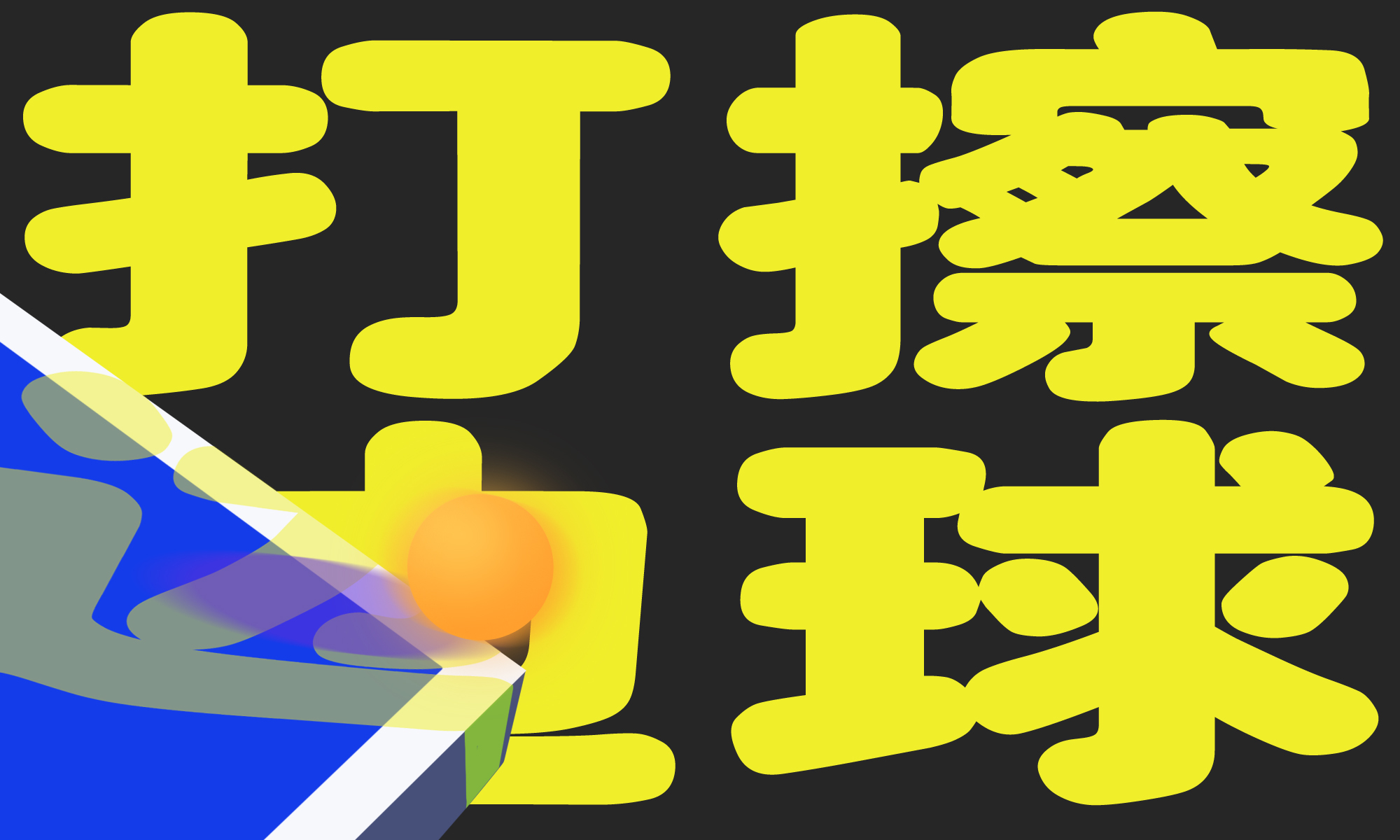‘Take advantage of a loophole’ — Phrase of the Week
A Chinese brand used its sponsorship of Qatar 2022 to get around advertising laws in China.

Our phrase of the week is: take advantage of a loophole (打擦边球 dǎ cābiānqiú).
Context
China’s footballers are not competing at this year’s World Cup. But its companies are there in a big way.
Chinese brands are spending more on sponsorship at the Qatar 2022 World Cup than companies from any other country, totaling nearly $1.4 billion, exceeding that of U.S. companies at $1.1 billion.
The four official Chinese sponsors are real estate giant Wanda Group, consumer electronics company Hisense Group, phone brand Vivo, and dairy company Mengniu. Wanda and Mengniu are two of World Cup organizer FIFA’s top-flight seven corporate partners, alongside global brands such as Coca-Cola, Adidas, and VISA.
For these brands, the hundreds of millions of Chinese football fans glued to their screens, locked down in China, are their most important audience, and so most of their ads are in Chinese.
Hisense Group (海信 hǎixìn), which is China’s biggest TV manufacturer, made this abundantly clear with its advertising slogan — which only appeared in Chinese — during the tournament’s opening match between Qatar and Ecuador:
China number one, world number two
中国第一,世界第二
Zhōngguó dì yī, shìjiè dì èr
Chinese grammar makes the meaning ambiguous. Hisense could be saying it’s China’s number one TV brand, and the world’s number two; or it could mean that China comes first, and the rest of the world comes second.
The ambiguity did not go unnoticed in China, where one commenter said:
China number one, world number two? Has Hisense taken advantage of a loophole at the World Cup?
中国第一,世界第二?海信在世界杯上踢“擦边球
Zhōngguó dì yī, shìjiè dì èr? Hǎixìn zài shìjièbēi shàng tī cābiānqiú
Translation
The direct translation of take advantage of a loophole is to “hit an edge ball” (打擦边球 dǎ cābiānqiú), although here the word kick (踢 tī) is used, as suits a soccer event.
But edge ball, sometimes referred to as a boundary ball, is a table tennis reference. It’s a shot that clips the corner edge of the table, which is almost impossible to return, but still counts as a point against one’s opponent.
It’s a metaphor for an action that is at the very periphery of what the rules allow, just about acceptable because technically the law doesn’t forbid it.
Hitting an edge ball is also about pushing boundaries, which are often blurred or ambiguous in China. It became a popular term in journalistic circles in China in the 1990s as a metaphor for testing the limits of what was possible before the censors waded in.
The English equivalent is to take advantage of a loophole, or to game the system.
The criticism of Hisense was because Chinese advertising laws state that a brand cannot claim it is “number one”:
[Brands] are not allowed to use words such as national, top, or the best.
不得使用“国家级”、“最高级”、“最佳”等用语。
Bùdé shǐyòng “guójiā jí,” “zuì gāojí,” “zuì jiā” děng yòngyǔ.
But because Hisense’s advertisement was placed outside of China, in Qatar, the rules within China don’t apply, even though it’s in Chinese and aimed at the Chinese audience.
This edge ball stunt may have gotten past China’s regulators, but Chinese football fans and businesses may not be so forgiving:
This electronics company knows that it cannot say this in China. But it’s taken advantage of a loophole by claiming it’s “China’s number one” at the World Cup. Regulators in China might turn a blind eye to this kind of cheap trick, but it’s drawn the disdain of Chinese companies.
这家电器知道在国内不能这么说,打了个擦边球,跑到世界杯上去自称“中国第一”。这种小聪明,躲开了国内的处罚,但躲不开国内友商的鄙视。
Zhè jiā diànqì zhīdào zài guónèi bùnéng zhème shuō, dǎle ge cābiānqiú, pǎo dào shìjièbēi shàng qù zìchēng “zhōngguó dìyī.” Zhè zhǒng xiǎocōngming, duǒkāile guónèi de chǔfá, dàn duǒ bù kāi guónèi yǒu shāng de bǐshì.






